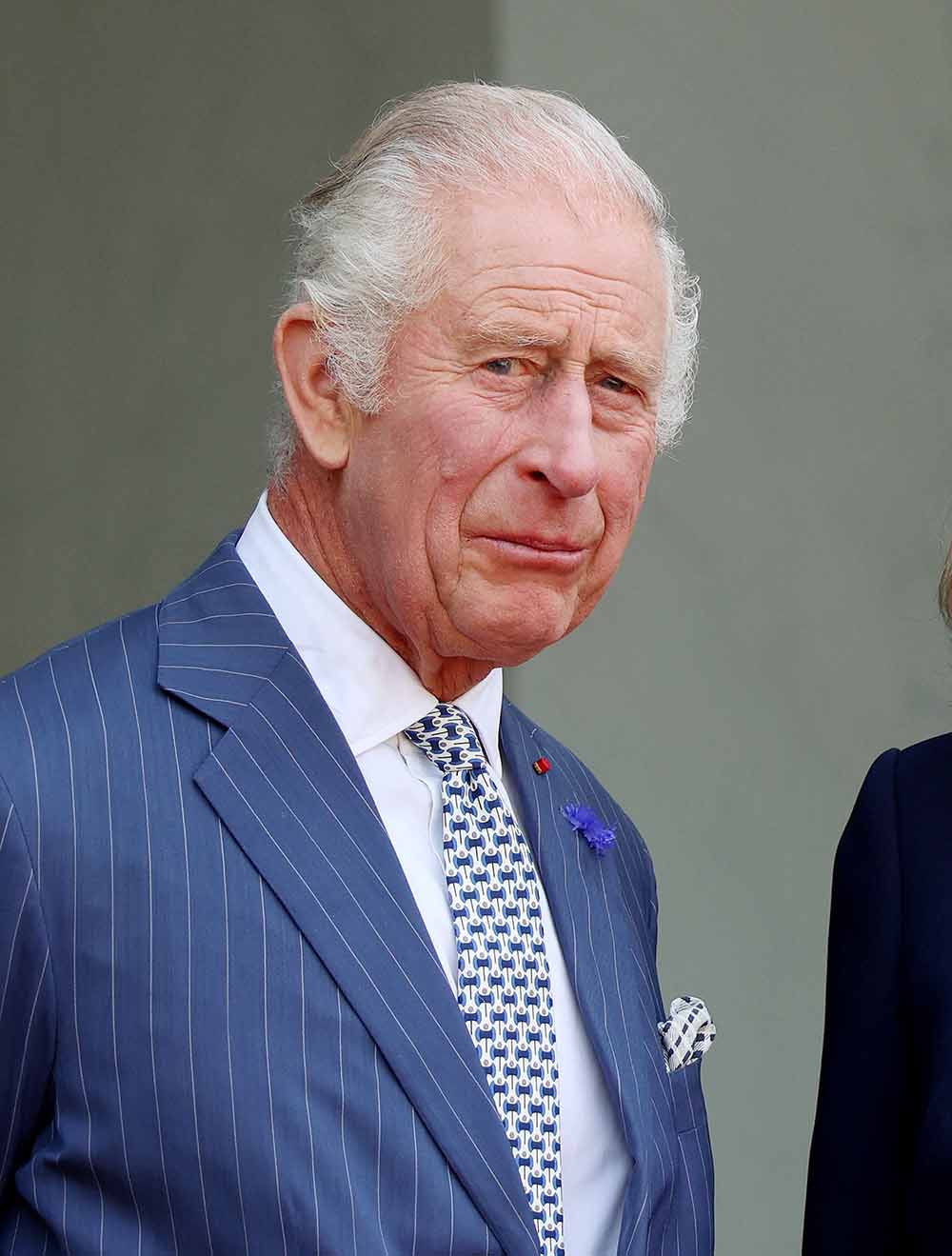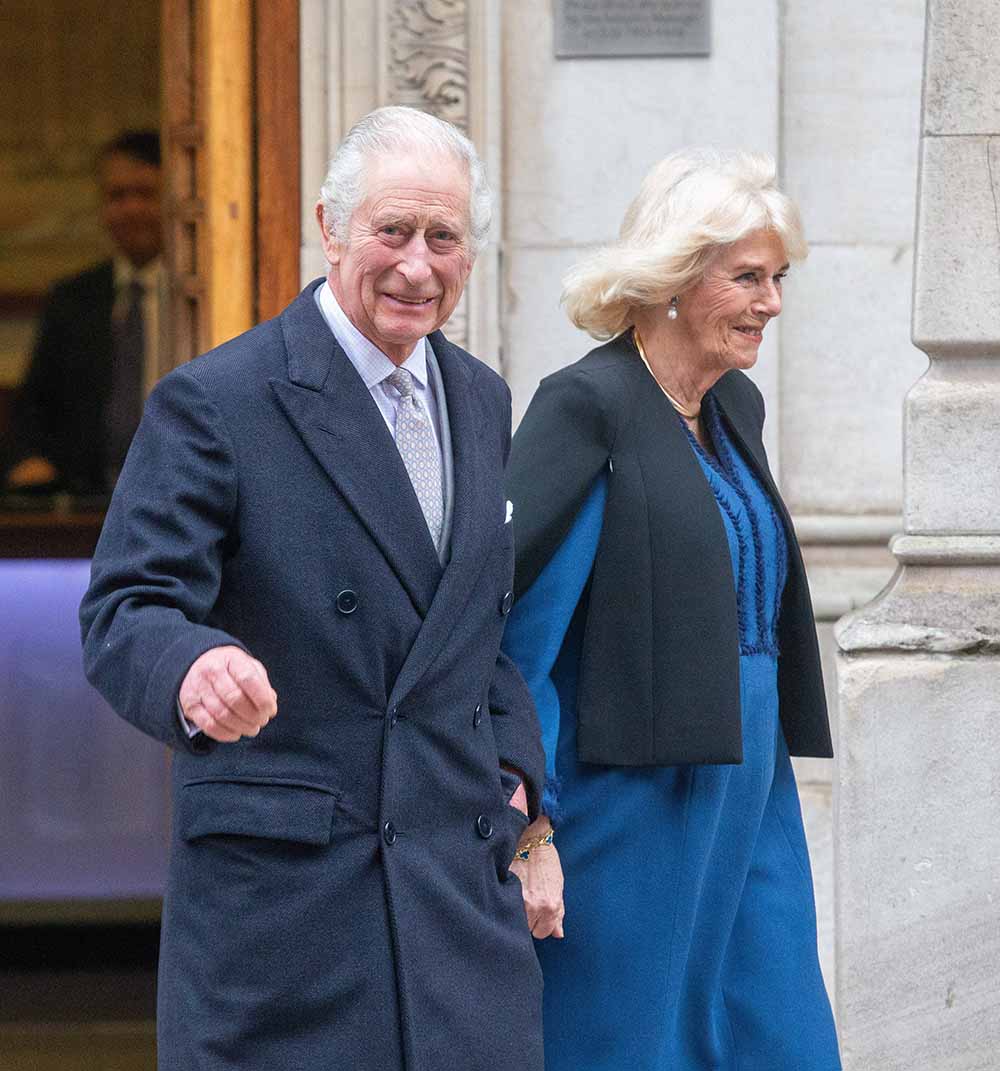
Britain’s King Charles III was diagnosed with cancer. The 75-year-old King underwent a procedure for an enlarged prostate on January 26.
During the procedure, doctors noticed a separate area of concern.

“During The King’s recent hospital procedure for benign prostate enlargement, a separate issue of concern was noted. Subsequent diagnostic tests have identified a form of cancer,” Buckingham Palace said in a press release on Monday.

The King has canceled his public duties while undergoing cancer treatment.
“His Majesty has today commenced a schedule of regular treatments, during which time he has been advised by doctors to postpone public-facing duties. Throughout this period, His Majesty will continue to undertake State business and official paperwork as usual,” the palace continued.

“The King is grateful to his medical team for their swift intervention, which was made possible thanks to his recent hospital procedure. He remains wholly positive about his treatment and looks forward to returning to full public duty as soon as possible,” the statement added.
“His Majesty has chosen to share his diagnosis to prevent speculation and in the hope it may assist public understanding for all those around the world who are affected by cancer.”

On Jan. 17, Buckingham Palace announced that King Charles would have a “corrective procedure” to treat an enlarged prostate. The palace said the condition was benign (not cancerous).
“In common with thousands of men each year, The King has sought treatment for an enlarged prostate. His Majesty’s condition is benign and he will attend hospital next week for a corrective procedure,” the palace statement said. “The King’s public engagements will be postponed for a short period of recuperation.”
The King wanted to share his diagnosis to encourage men who may be experiencing the same symptoms.
Signs and symptoms of enlarged prostate
Contact your doctor or healthcare provider if you experience these signs and symptoms.





